A Weston by Any Name: Identifying Photographic Prints by Edward, Brett & Cole Weston
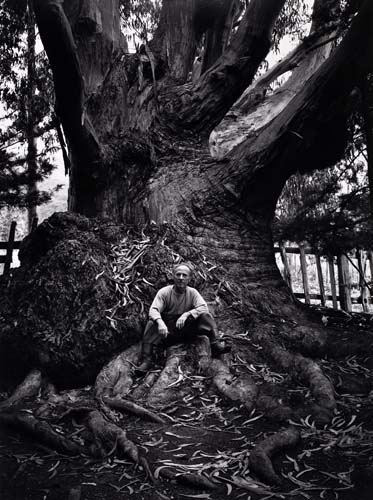
Edward Weston was a self-taught photographer who migrated to California from the midwest and began his commercial career shooting portraits in Glendale. His early style was characterized by a soft-focus approach that emulated painting and was associated with a school of photography known as Pictorialism. Later, Weston was a member of Group f/64—a community of artist-photographers who developed a photographic vocabulary and visual style described as California Modernism.
Early Career
In 1921 Weston met Tina Modotti, a young Hollywood actress and political activist, and they formed an intense romantic and professional relationship. The couple traveled to Mexico City, where they lived from 1923 to 1927, and opened a portrait studio. Soon they were introduced to leading figures of radical political and the artistic avant-garde who profoundly influenced Weston, including Diego Rivera and Frida Kahlo. Subsequently, he shifted to a more direct, sharply focused and structured photographic style known as “straight” photography, which was championed by Alfred Stieglitz. Weston’s photographs were typically mounted, signed, dated and editioned one of 50–edition sizes that were overly ambitious and never fulfilled.
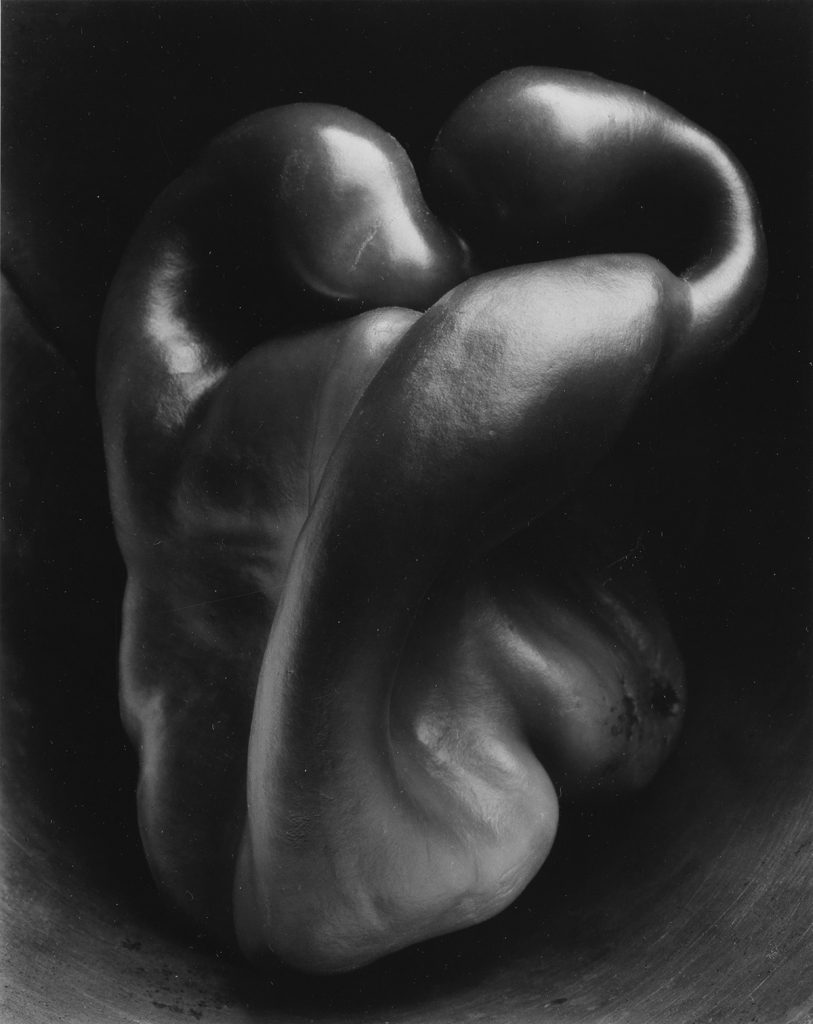
Upon returning to the states, Weston’s aspirations as a fine art photographer led him to New York City, where he met Stieglitz, Charles Sheeler and Paul Strand, who further strengthened the new direction of his work. Weston’s modernist compositions of vegetables, shells and landscapes are among his finest works. The 1930s were a halcyon period of exhibitions, prizes and book projects, and in 1937 and ’38 he was the first photographer to be awarded a Guggenheim Fellowship.
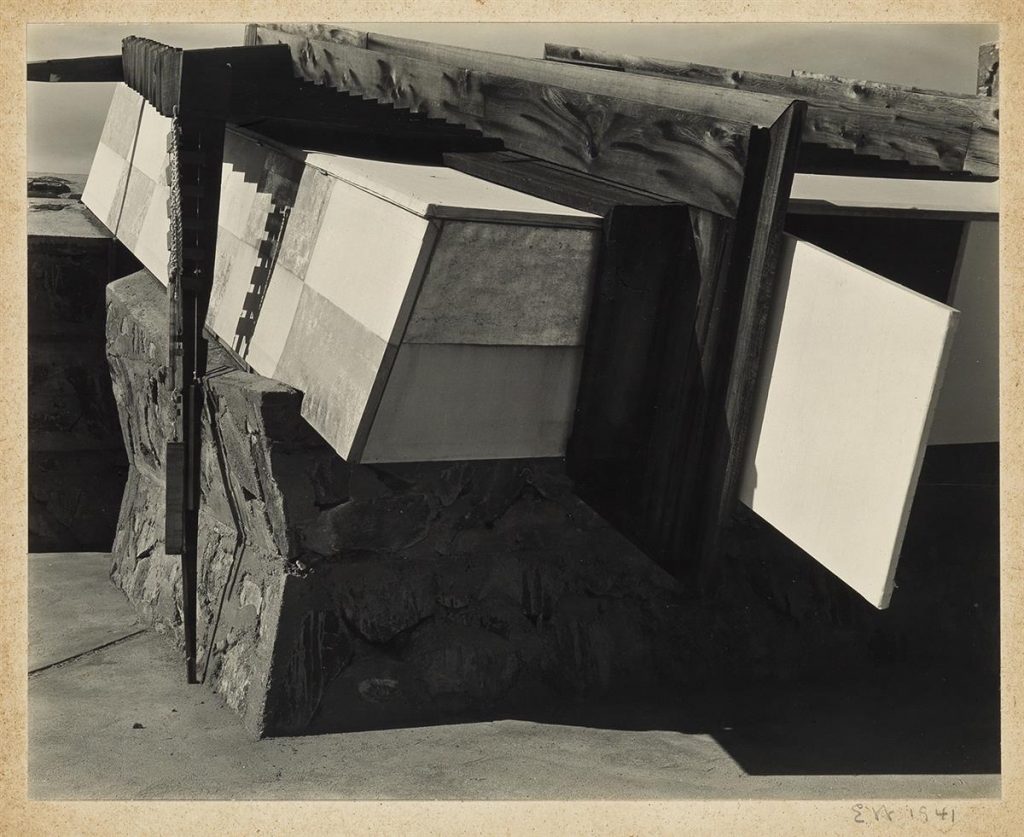
Edward & Brett Weston
Ten years later, in 1948, he exhibited the first signs of Parkinson’s disease and was unable to continue working in the darkroom. He designated his son Brett, a noted photographer in his own right, to print a select group of approximately 1,000 negatives, which were known as Project Prints.
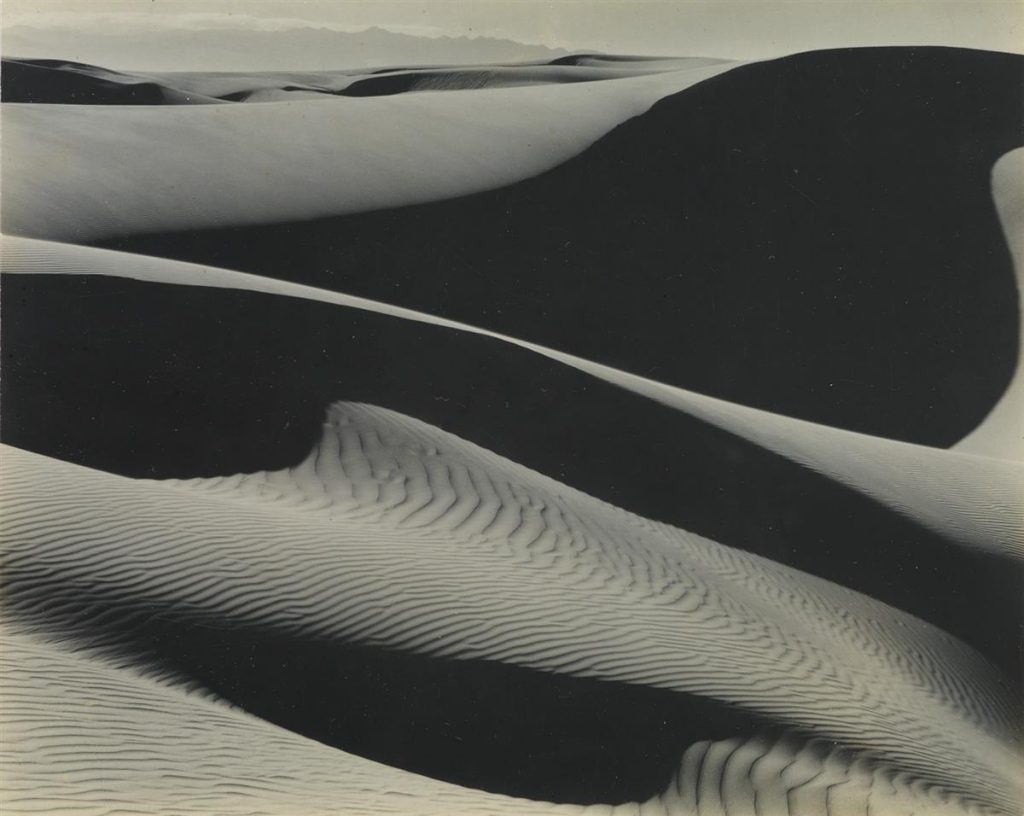
These modern photographic prints were generated in the 1950s and bear the distinct visual hallmarks of a Weston photograph. Sometimes the prints were mounted, and occasionally they were initialed by Edward, or signed “Edward Weston” by Brett. A full set is housed at the Center for Creative Photography, the repository for Edward’s work.
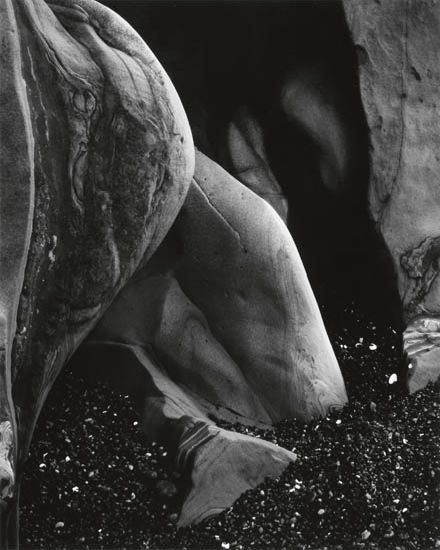
Edward & Cole Weston
By the late 1960s a commercial marketplace for photography emerged, and Weston was among its key players. In the 1970s dealers pitched modern or posthumous iterations of prints, which they said looked “cleaner” than vintage examples. With Brett’s career in full swing, Edward’s youngest son, Cole, was tasked with printing posthumous contact prints from his father’s negatives.
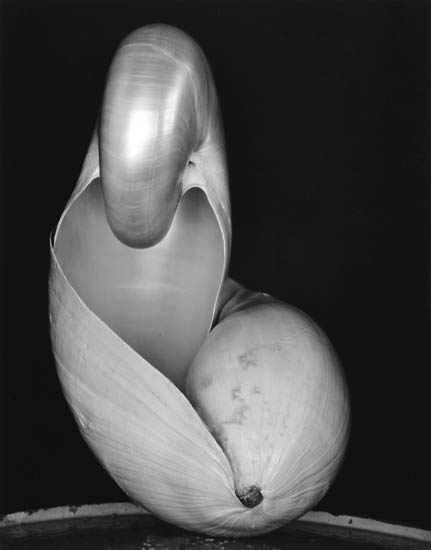
Cole’s prints were sold at his photo workshops for $10, and are generally mounted, with the mount verso bearing a special handstamp, “Negative by Edward Weston, Print by Cole Weston.” In most instances, Cole has also signed the back of the mount.
More on Edward Weston and California Modernism
The post Artist Profile: Edward Weston appeared first on Swann Galleries News.